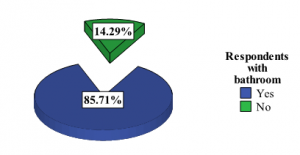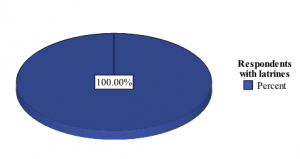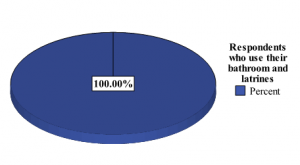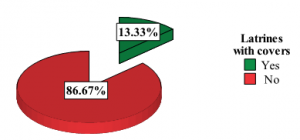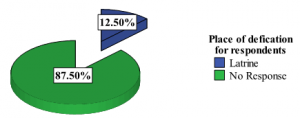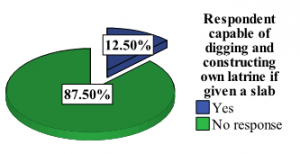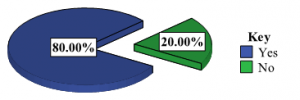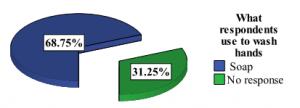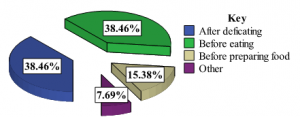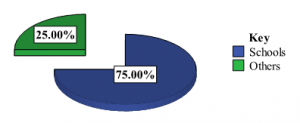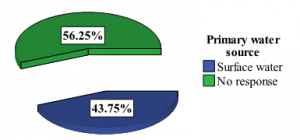This project is part of Bridge Water Project's program in Western Kenya. What follows is direct from them:
BACKGROUND
The proposed Eshikulu Community Water project rehabilitation is a shallow Hand dug well water point initiated in the year 1988 by Kenya Finland Western Water Supply Program me (KFWWSP). The well is 46 ft. (total depth), water resting static level (which is the water level when you are not pumping and haven't pumped recently) is 6 meters, and was constructed by 1 meter diameter by 24 inches concrete casings from bottom to the top surface, covered with 4” concrete slab, thereafter an INDIAN MARK II pump was installed which served the community up to 2010. The only option the community saw was to break the 4” inch concrete slab to allow them draw water using a 20-liter jerri can tied on the rope. As a result of worn out ropes, many jerri cans dropped in the well and the water users could not enter into well to retrieve them.
Following the announcements in District officer’s public meetings, Eshikulu Community members learned of Bridge Water Projects (Development partners in Water Sector) rehabilitating Kefinco failed wells in the area. They soon made an application to Bridge Water Project requesting for their community’s well rehab support.
CURRENT WATER SOURCE
The community currently gets water from the same source despite challenges of buckets and containers dropping in the well when the rope gets weak. The well is not covered and poses the possibility of foreign objects dropping in hence contaminating water, which becomes risk for the consumer’s health.
POPULATION
Eshikulu Community has 42 households with numbers of 6 – 9 people per house averagely 250 – 378 people
HYGIENE & SANITATION
Most homes have pit latrines, bathrooms, dish rack outside the kitchen, no cloth lines, composite pit in a few of the home while most does not have water storage facilities and not well covered.
Respondents with bathrooms/bath shelters
Respondents with bathrooms/bath shelters
Respondents who use latrines/bathrooms
Respondents with latrines covers
Place of defecation for respondents
Respondent capable of digging and constructing own latrine if given latrine
Respondent ready and willing to collect local materials to construct family latrine
What respondents use to wash hands?
Hand washing practice
Presence of community latrines
Primary Water source
ACCESSING THE NEED
There’s need to rehabilitated Eshikulu Community water project by installing Afridev Pump so as to improve water quality for better health and to make it more efficient for the consumers to draw water instead of using buckets tied on the unsafe ropes.
PROJECT BENEFICIARIES
If the well is rehabilitated community members and Eshikulu Anglican church will be the beneficiaries.
WATER COMMITTEE
During BWP meeting with community members under the direction of their Village Elder, they resolved to choose a water committee amongst themselves before the implementation of the water rehab project.
 Well Rehab
Well Rehab Rehabilitation Project
Rehabilitation Project








